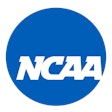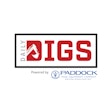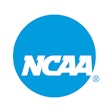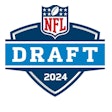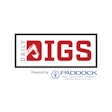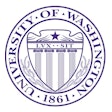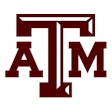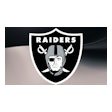Americans are among 10,500 athletes representing 205 Olympic committees at this summer's Games in London. But the United States has been conspicuously absent in other recent Olympic competitions - those that determine where future Games will be held.
 Scott Minto
Scott MintoAmericans are among 10,500 athletes representing 205 Olympic committees at this summer's Games in London. But the United States has been conspicuously absent in other recent Olympic competitions - those that determine where future Games will be held. A decade ago, eight different U.S. cities (or regions) were vying for the 2012 Olympics. In 2009, armed with what many considered the best bid by far for the 2016 Games, Chicago suffered an embarrassing first-round exit from consideration. Cities still in the running for 2020? Istanbul, Tokyo and Madrid. In late May, the USOC agreed to a new deal that essentially halves its take of total IOC sponsorship and media revenue, paving the way for future Games to be staged in the United States. Paul Steinbach asked Scott Minto, graduate and current director of the eight-year-old Sports Business MBA program at San Diego State University, which in February hosted an international case competition to determine sustainable funding options for the USOC, to bring us up to speed.
Q: Not a single U.S. city bid on the 2020 Games. Why not?
A: Our last bid went big for Chicago in 2016, and we were spectacularly humiliated. It was politics. Under the terms of the previous deal, the USOC got a disproportionate amount of the global sponsorship dollars that came into the IOC. One-fifth of the entire sponsorship revenue for the entire globe went to the U.S., and we also got 12.75 percent of the massive NBC media broadcast contract. So the world was mad at us for taking too big a piece of the pie.
Q: How did the USOC justify those percentages?
A: A number of these sponsors are U.S.-based, and the U.S. is the only country in the world that does not use public funds to support its Olympic programs. Most countries, between housing, coaching, equipment and stipends, support their Olympic programs entirely through the state, whereas we are entirely dependent on corporate sponsorship dollars and private fundraising.
Q: Is that an effective funding model?
A: It's difficult to sustain, because corporations are starting to look more at their sports sponsorship spending and really trying to evaluate the ROI. Even though the universally recognized Olympic rings are one of the top properties in all of sports, you only get a chance to activate once every two years and a lot depends on performance. If the national team doesn't perform well, you're not getting the exposure that you paid for. And you don't know if a certain athlete - like Michael Phelps, who performed at such a high level in Beijing - will even be able to compete four years later. Corporations don't necessarily just write checks anymore, but the USOC still has to get funds to all its sports. It can't just invest in basketball, swimming and track and field. It also has to put a team handball team together. It has to put a fencing team together. There has to be luge and bobsled, in addition to figure skating and all those other high-visibility sports.
Q: Will the new deal hamstring those teams' hopes for Olympic success?
A: It will cut down on the initial funding, but I think the plan is that if the USOC can go to corporations and say, "We will have the games in 2022 and/or 2024," it will increase the pool of sponsorship dollars, because corporations, at least domestically, will be much more inclined to become partners at all levels knowing that the Games will be back on U.S. soil. That will have sponsors lining up.






















